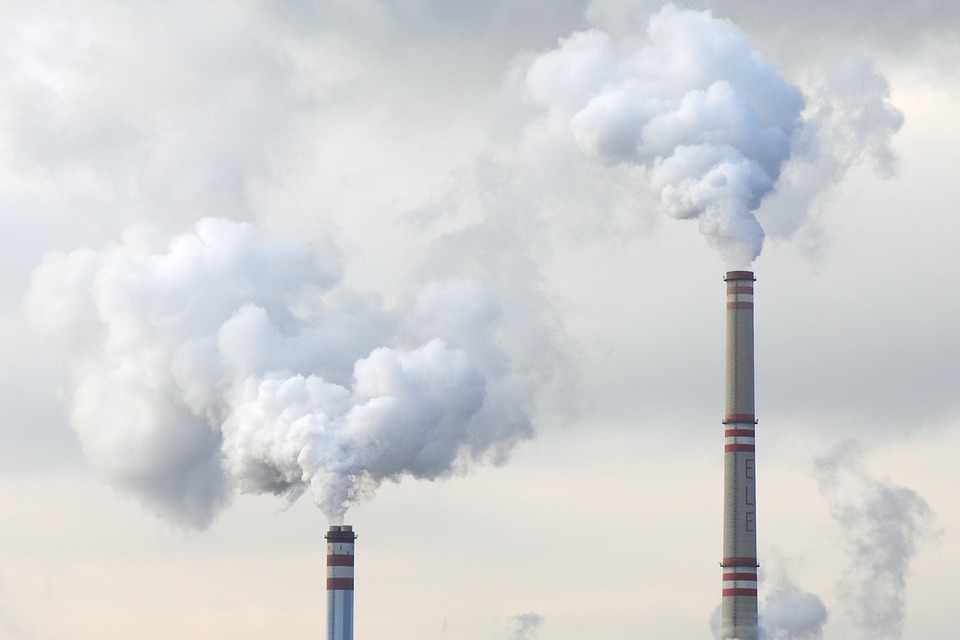
Invite universities and colleges to bank sustainably
Financial service providers in Dutch universities and colleges do not act in line with the Paris Agreement. Scientists and students are therefore calling on their institutions to start banking sustainably: Scientists for Future NL, together with the KNAW Youth Academy, 10 University Youth Academies and Studenten voor Morgen, this week sent a letter to all higher education institutions in the Netherlands. In this they state that there is a need for a rapid transition to a sustainable society and that knowledge institutions must play a leading role in this. Universities and colleges should take a critical look at banks and their insurance companies and hold them accountable for their investment choices.
Anne Ouray (Assistant Professor at Leiden University) signed the letter and said: “Dutch universities and universities of applied sciences are doing a lot to make their own business operations more sustainable, they are conducting research on climate change and educating students for the future. At the same time, they are clients of banks and insurance companies that continue to invest in the extraction and expansion of fossil fuels such as oil, coal and gas: products that we clearly need to get rid of as quickly as possible. This calls for action.”
Currently, most higher education institutions deal with major banks such as ING, Rabobank and Deutsche Bank with questionable reputations when it comes to sustainability. In 2021, ING financed the fossil sector (oil, coal and gas) with $10.7 billion, Rabobank with $2.1 billion and Deutsche Bank with $9.1 billion.
The reference value for sustainable banking is great. After all, universities and colleges represent the scientific consensus, and trust in science is high in the Netherlands: this gives knowledge institutions an important exemplary and leadership role in the transition to sustainability.
The letter makes specific recommendations for universities and colleges. For example, sustainable selection criteria can be included when selecting a new bank or insurance company (see, for example, The Fair Bank Guide). Also, part of the financial operations can already be transferred to a sustainable bank (unfortunately, at the moment sustainable banks are often too small to take over the entire operational management). In addition, the coalition recommends acting as a group towards the banking sector, rather than individually. This combined approach led to a decision in 2021 by the ABP Pension Fund to pull out of fossil investments.

“Travel enthusiast. Alcohol lover. Friendly entrepreneur. Coffeeaholic. Award-winning writer.”


